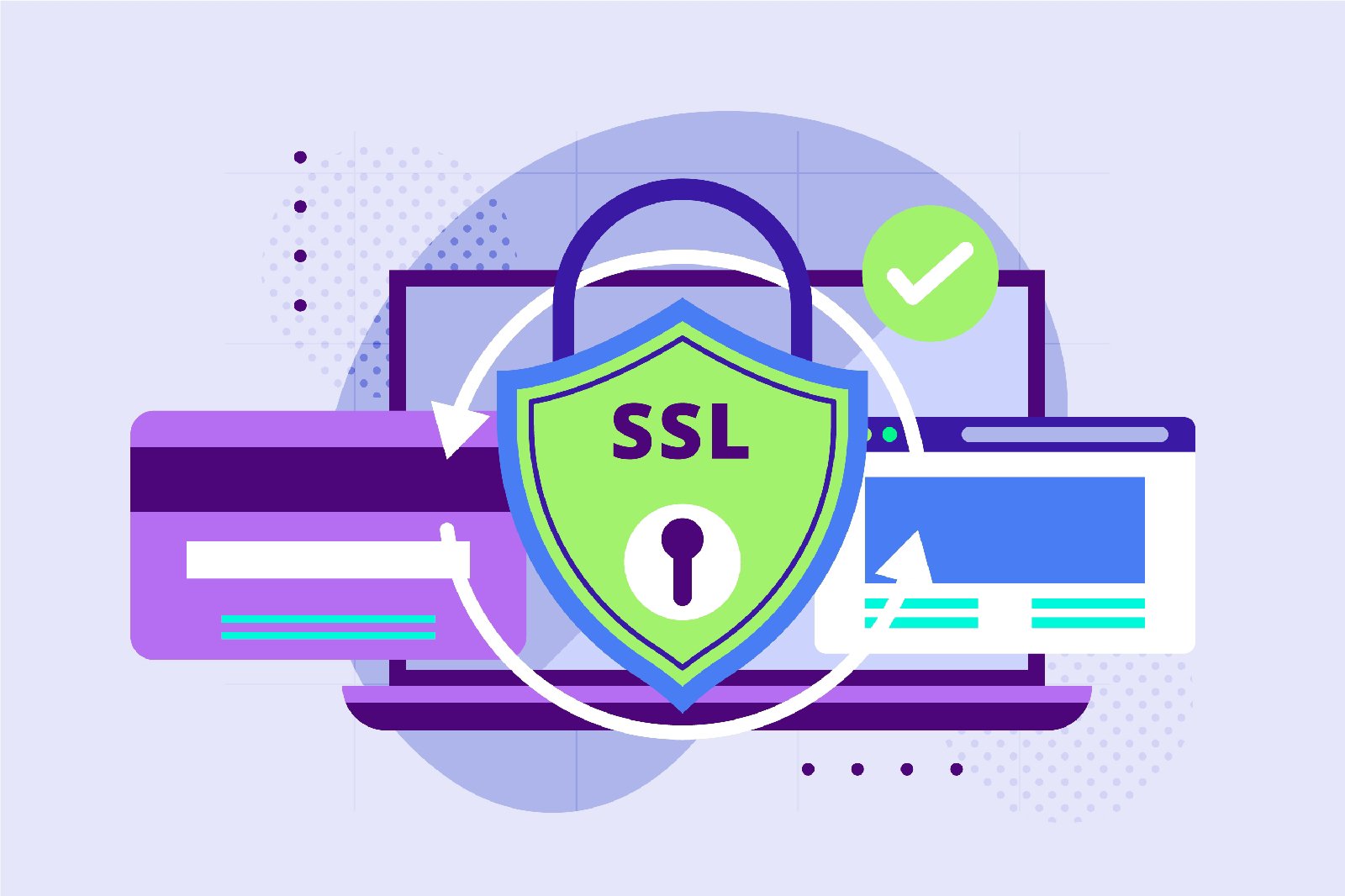What is an SSL Certificate? Benefits, Types, and How to Get One
In the digital age, online security is paramount. That’s where SSL certificates come into play. An SSL certificate (Secure Sockets Layer) is a digital certificate that authenticates a website’s identity and enables an encrypted connection. Let’s delve deeper into this vital aspect of web security and understand why it’s essential for your website.
Understanding SSL Certificates
At its core, an SSL certificate creates a secure and encrypted link between a web server and a web browser. This encryption ensures that all data transmitted between the two parties is secure and inaccessible to third parties. SSL certificates serve several crucial purposes, including:
1. Securely transmitting sensitive information, such as credit card numbers and passwords.
2. Protecting online transactions, safeguarding your customers’ financial data.
3. Verifying the identity of a website, establishing trust with visitors.
4. Boosting SEO by meeting search engine preferences.
5. Ensuring compliance with regulations in certain industries, like finance and healthcare.
How SSL Certificates Work?
SSL certificates operate using a public key and a private key. The public key encrypts data, and the private key decrypts it. When a user visits a website with an SSL certificate, their browser and the web server exchange public keys. The browser then encrypts data, which the web server decrypts using its private key, guaranteeing the security of the data exchange.
Choosing the Right SSL Certificate
Selecting an SSL certificate involves considering various factors:
1. Security Level: Determine the appropriate security level for your website.
2. Website Type: Tailor your certificate choice to your website’s purpose, whether it’s an e-commerce platform or a blog.
3. Budget: Prices for SSL certificates vary widely, so align your choice with your financial resources.
Getting an SSL Certificate
Several trusted providers offer SSL certificates, including Let’s Encrypt, Comodo, DigiCert, and GlobalSign. The cost varies, starting at approximately $10 per year for basic certificates and reaching higher price points for advanced options. To acquire an SSL certificate:
1. Choose a provider and purchase the certificate.
2. Install it on your web server.
3. Configure your server to use the certificate.
Once you’ve completed these steps, your website will be secure, and all data transmitted will be encrypted, safeguarding your visitors and improving your search engine rankings.
Why SSL Certificates Are Crucial?
The importance of SSL certificates cannot be overstated:
1. Security: Protect sensitive information from third-party interception.
2. Trust: Build trust with your audience by verifying your website’s identity.
3. SEO: Enhance your website’s search engine ranking through SSL compliance.
4. Compliance: Meet industry-specific regulations, particularly in finance and healthcare.
If your website deals with sensitive data, investing in an SSL certificate is essential. It’s a small cost that delivers significant protection for both your site and your visitors.
In conclusion, SSL certificates are the backbone of online security, ensuring data protection and trust-building. By understanding their significance and choosing the right one for your website, you can navigate the digital landscape with confidence.

